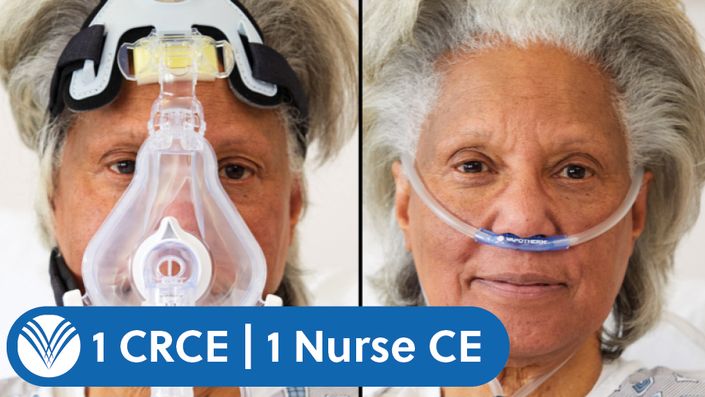
HYPERACT: Hypercapnia, A Randomized Controlled Trial
Learn about the first multi-centered randomized controlled trial focused on patients with moderate to severe acute exacerbation of COPD
Three of the Principal Investigators, David Yamane, MD, Jessica Whittle, MD, PhD, and Andrew Meltzer MD, MS, present: HYPERACT: A Randomized Controlled Trial
Learn about the first multi-centered randomized controlled trial focused on patients with moderate to severe acute exacerbation of COPD, the HYPERACT Study and the 2024 SCCM Star Research Award Winner, which determined High Velocity Therapy as a reasonable alternative to NiPPV.
Objectives:
- Understand the study design and outcomes.
- Understand the significance and differences of cannula design for application of high flow therapy.
- Describe the mechanisms of action for high velocity therapy.
*For patients who are spontaneously breathing. High velocity therapy does not provide the total ventilatory requirements of the patient. It is not a ventilator
Your Instructor

David Yamane attended medical school at the John A. Burns School of Medicine at the University of Hawaii, from there he did his emergency medicine residency at the Harvard-affiliated emergency medicine residency in Boston. He then completed his critical care fellowship at George Washington University where he has stayed on as faculty in the Department of Emergency Medicine and anesthesia and Critical Care Medicine. He currently runs the research operations of the division of critical care medicine where he has a variety of interests including thromboelastography, sepsis, point-of-care ultrasound, cardiac arrest, and COVID-19. He also enjoys educating medical students, residents, and fellows in anything critical care related, specifically to point-of-care ultrasound and research methodology.
